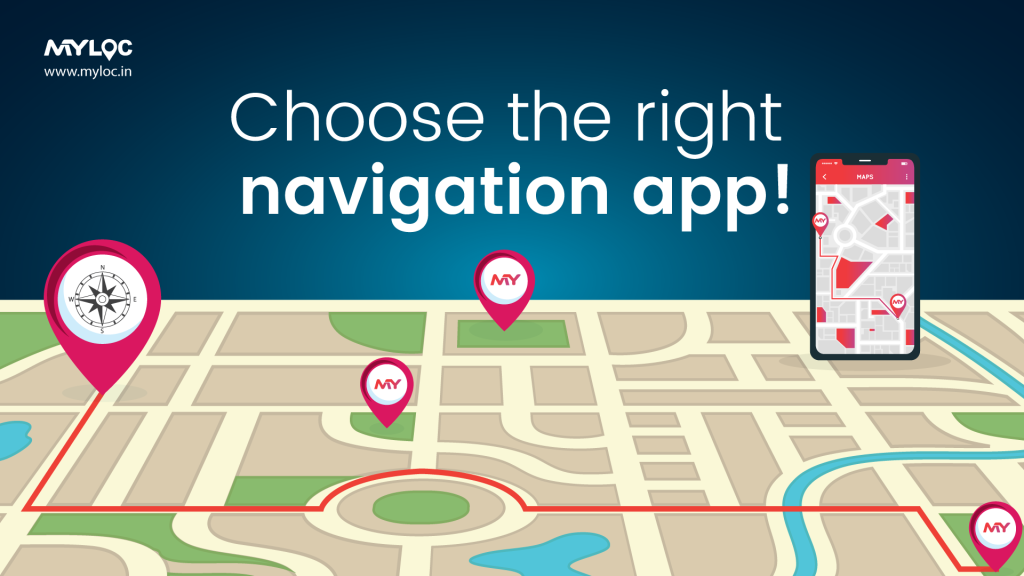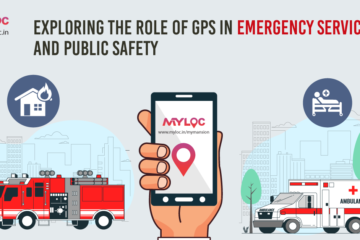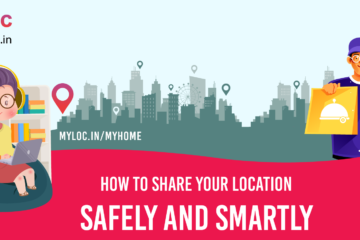
In an era dominated by technology, maps and navigation apps have become indispensable tools for modern travelers. Whether you’re commuting to work, embarking on a road trip, or exploring a new city, the right navigation app can make a significant difference in your journey. There is no such thing as “The Best Navigation Application” on the market. So among a plethora of options available, selecting the one that suits your needs can be a daunting task. In this comprehensive guide, we will delve into the features, pros, and cons of popular navigation apps, empowering you to make an informed decision.
Google Maps:
With over 11 million navigation app downloads, Google Maps is undoubtedly one of the most widely used navigation apps globally, an navigation app for good reason. Its extensive database, real-time traffic updates, and user-friendly interface make it a go-to choice for many.
| Pros | Cons |
| > Real-time traffic updates and alternative route suggestions. > Integration with other Google services for enhanced functionality. > Street View and satellite imagery for detailed exploration. > Offline maps for navigation without an internet connection. | > Data consumption can be high, especially in satellite view. > Limited offline navigation features compared to some competitors. |
Waze:
Waze sets itself apart by relying on user-generated data to provide real-time traffic information and route recommendations. It thrives on the community-driven aspect of navigation.
| Pros: | Cons: |
| > Dynamic rerouting based on real-time user input. > Crowd-sourced data for accurate traffic information. > Alerts for police presence, accidents, and road hazards. > Gamification elements, making navigation engaging. > Voice commands for hands-free operation. | > Map data may not be as comprehensive as some other apps. > Dependent on user participation for optimal functionality. |
Apple Maps:
Apple Maps has evolved significantly since its initial launch, becoming a strong contender in the navigation app landscape. It is the default navigation app on Apple devices and integrates seamlessly with the iOS ecosystem.
| Pros: | Cons: |
| > Deep integration with the Apple ecosystem, including Siri. > 3D Flyover and detailed indoor maps for select locations. > Minimalistic and easy-to-use interface. > Privacy-focused, with on-device processing for certain features. > Real-time transit information for public transportation users. | > May not be as feature-rich in some regions compared to competitors. > Limited availability on non-Apple devices. |
HERE WeGo:
HERE WeGo is a navigation app with a strong emphasis on offline functionality. It provides detailed maps and navigation guidance even without an active internet connection.
| Pros: | Cons: |
| > Extensive offline maps with regular updates. > Public transportation information for many cities worldwide. > Multiple route options with detailed information. > Parking spot suggestions and availability. > Available on both Android and iOS platforms. | > Traffic data may not be as robust as some other apps. > User interface can be less intuitive for some users. |
MapQuest:
MapQuest has been a long-time player in the navigation app scene. While it may not have the market share of Google Maps, it still offers a reliable navigation experience.
| Pros: | Cons: |
| > Route customization with options for avoiding tolls and highways. > Integrated voice-guided navigation. > Live traffic updates for informed decision-making. > Point of Interest (POI) information for nearby attractions. > Multi-stop route planning for road trips. | > Interface may feel dated compared to more modern apps. > Maps and data may not be as frequently updated. |
Choosing the right navigation app is a subjective decision that depends on your specific needs and preferences. Each app has its strengths and weaknesses, catering to different user demographics.
Before settling on a navigation app, consider your priorities: Do you prioritize real-time traffic updates, offline functionality, or deep integration with your device’s ecosystem? Are you willing to contribute data to improve the accuracy of traffic information? Answering these questions will guide you toward the navigation app that aligns best with your needs.
Ultimately, the ideal navigation app is the one that enhances your travel experience, providing accurate guidance, reliable information, and a user-friendly interface. With the information provided in this guide, you’re well-equipped to make an informed decision and navigate the world with confidence.
But regardless of what your navigation application needs are, your travels begin with having the right location pin. With MyLoc, you can now create accurate and precise location pins with just a few clicks. The best part of MyLoc Location sharing is that you don’t even need an active internet connection to share your location, it can simply be done verbally. Visit myloc.in or download the MyLoc application here for an effortless location-sharing experience.



0 Comments